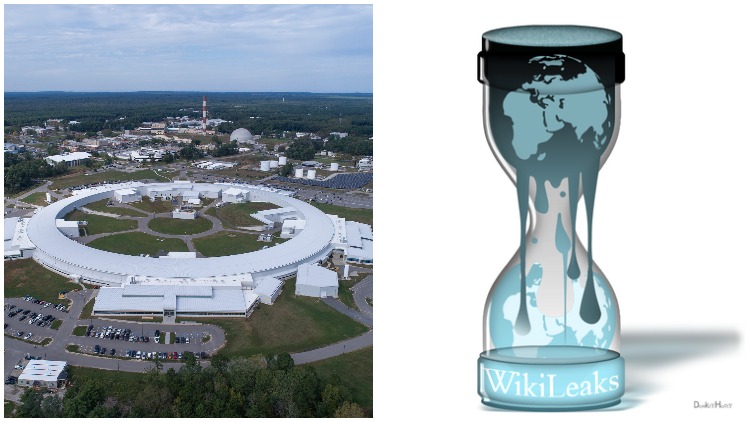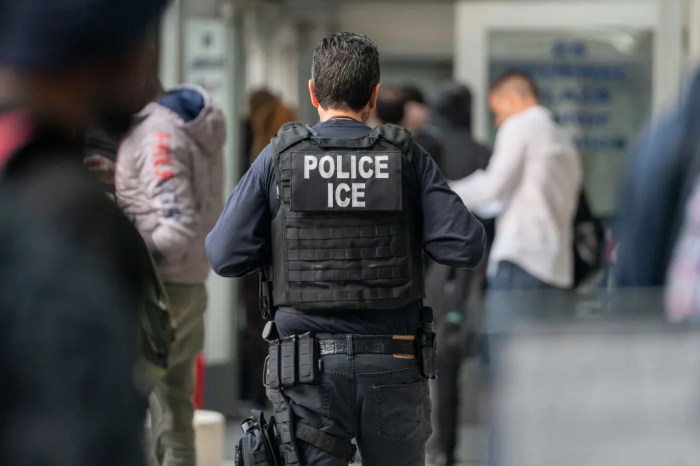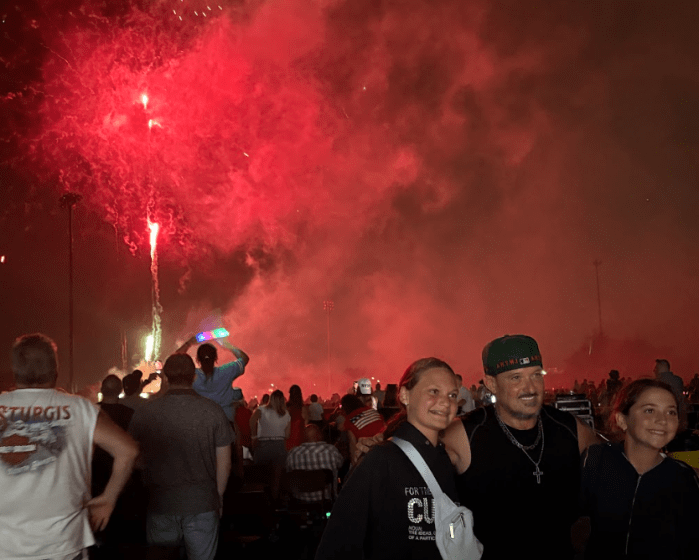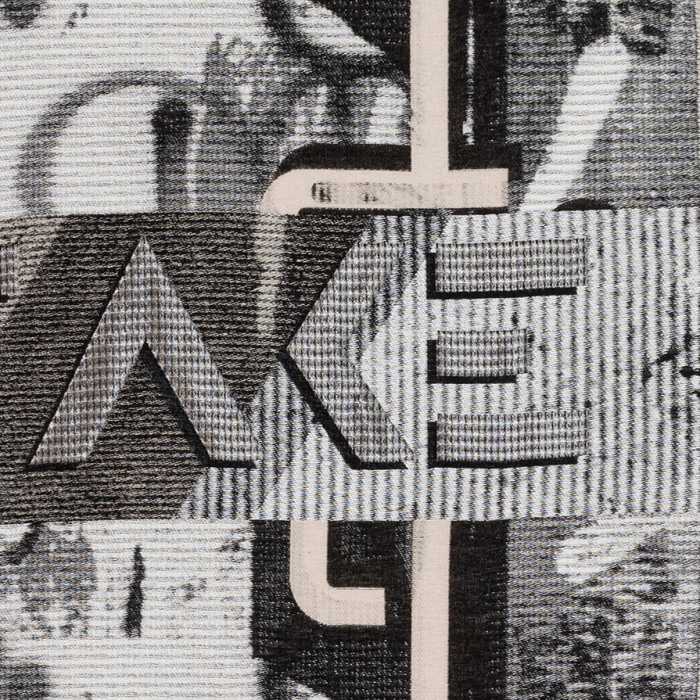An ex-Brookhaven National Lab employee who tried to help WikiLeaks a decade ago has been tied to the case against the whistleblower website’s founder, Julian Assange, whom U.S. authorities want extradited.
Jason Katz, a former systems administrator at the lab, unsuccessfully tried to help WikiLeaks hack into a password-protected file that is believed to contain video footage of an American airstrike in Afghanistan that killed about 100 civilians. He was questioned by the FBI and later fired from BNL following an investigation. Federal prosecutors have recently contacted him and other WikiLeaks players in the hopes of having them testify against Assange, Reuters reported.
“I don’t regret my actions, because they led me on a really interesting journey,” Katz, who has since moved to Iceland and founded the Pirate Party, told Motherboard in his only known interview. “I would do the same again.”
U.S. authorities have sought Assange’s arrest since WikiLeaks published in 2010 — about a month after Katz tried to crack the video password — embarrassing American diplomatic cables, secret documents, and the infamous “Collatoral Murder” leaked classified cockpit gunsight footage of 2007 U.S. airstrikes in Iraq that killed two Reuters journalists and at least 10 others.
Assange sought and received asylum from the Ecuadorian embassy in London for nearly seven years until last month, when former Ecuadoran President Rafael Correa ordered the removal of Assange, who was then arrested and sentenced by a British judge to a year in jail for bail jumping. The series of events intensified U.S. authorities’ efforts to extradite Assange, who is widely reported to be facing federal charges in Virginia. U.S. extradition efforts could take years.
During the case against former U.S. Army intelligence officer Chelsea Manning, who was convicted of providing WikiLeaks with the cache of files in the website’s massive 2010 document dump, military prosecutors questioned an investigator who testified to having found a leaked WikiLeaks video on Katz’s computer at BNL.
“I was asked to examine a Linux work computer to determine whether the file b.zip was present,” Army Special Agent David Shaver of the Computer Crime Investigative Unit told the court, according to transcripts. “Video taken from an aircraft over the battlefield.”
Shaver testified that the video file was the same one in Wikileaks’ possession, but is separate from the Collatoral Murder video.
“User of the computer was attempting to decrypt file b.zip,” Shaver was quoted as saying in the transcripts. “Cracking program downloaded and installed. From bash history it was running to try to crack the password.”
Shaver said he could not determine whether Katz was able to get the password or not. To date, WikiLeaks has not published the second video, suggesting that it still has not been able to open the file.
Katz, who has not been charged with a crime, told Motherboard that the FBI seized his laptop and raided his Brooklyn apartment as well as the Long Island home of his girlfriend’s family.
Katz could not be reached for comment. Neither BNL nor federal prosecutors responded to a request for comment for this story. WikiLeaks also did not comment.
“[W]hen I got raided, they rounded up my entire support network — all of my friends, all of my close family, and just wrecked all of that,” Katz told Motherboard. “It made me very wary of involving anyone around me with what all of this was about.”



































